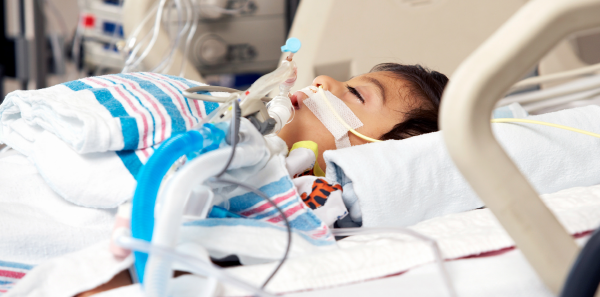
Expert Witness Statements/Allegations About Standard of Care and ACEP Guidelines
ACEP has two options to review expert witness testimony (plaintiff or defense). If the witness and referring physician are both ACEP members, a formal ethics complaint can be filed. The testimony is then reviewed by the Ethics Committee in the context of ACEP’s policy Expert Witness Guidelines for the Specialty of Emergency Medicine. Its recommendation is then reviewed by the Board of Directors, and an adverse decision can lead to a private or public letter of censure or suspension of membership. The member may request an appeal hearing prior to an action taking effect.
Explore This Issue
ACEP Now: Vol 38 – No 06 – June 2019If the witness is not an ACEP member, the testimony can be referred to the Standard of Care Review Panel, which will then review the testimony and report its findings in ACEP Now. This is done to reduce the chance that such testimony erroneously establishes the standard of care for future cases. A full description of this process can be found at www.acep.org/StandardOfCareReview.
In this case, the referring physician was an ACEP member (not involved in the care) and the plaintiff expert had resigned his membership, so the case was directed to the Standard of Care Review Panel.
The member was concerned about several of the plaintiff expert’s statements, such as “All children with an elevated heart rate and respiratory rate require a full septic workup.” The witness also repeatedly said systematic inflammatory response syndrome (SIRS) criteria should be applied to children and said nasal discharge did not constitute a source of infection. In addition, the panel identified the following issues in the 300 pages of transcribed testimony:
An inappropriate, inflammatory tone and word choices amounting to hyperbole; outlandish statements (including unsupported claims); and apparent pandering to the plaintiffs were noted. Also, with regard to several key aspects of the presentation, the witness gave significantly more weight to the recollections of the parents than to the medical record.
The expert witness also stated that a complete blood count (CBC) can differentiate between viral and bacterial infections, rhinorrhea is generally due to allergies and not a respiratory infection, and fever cannot cause an elevated respiratory rate. He also suggested a head CT is required prior to an LP.
He also said he thought the ACEP Expert Witness Guidelines did not apply to him, even though he was an ACEP member at the time of the testimony.
Issues Considered by the Standard of Care Review Panel
- The witness’s manner of speaking and tone
- Reliance on the recollections of lay relatives over the medical record
- Application of SIRS and sepsis criteria to children
- The making of broad, unsupported statements and suggestions including:
- A CBC can differentiate between viral and bacterial infection
- Rhinorrhea is generally due to allergies and is not a symptom of an upper respiratory infection
- Fever cannot cause an elevated respiratory rate
- A CT is required prior to an LP, including in the context of this case
- The witness’s statement that the ACEP Expert Witness Guidelines did not apply to him
Conclusions of the Panel
Physicians may provide expert opinion to the court, and they have a right to be compensated fairly for their time and effort in doing so. Expert testimony is based on the expert’s opinion but must be supported by the medical evidence to a reasonable degree of certainty. Hyperbole, insults, name calling, inflammatory language, and attacks on the character of others have no place in medicine (including expert testimony).
While observations of patients and family members are very important and sometimes vital to the care of patients, it is inappropriate to use their recollections to discredit or supersede a medical record unless there is an independent reason to doubt the veracity of the record.
Much is written about the approach to febrile children, particularly those without a source for the fever. There are no SIRS criteria to apply to children, and it was inaccurate and misleading to insist such a standard existed. It is false to say this child required a sepsis workup due to his vital signs.
The panel felt none of the four other statements above were supported by any literature, and all were incorrect:
Pages: 1 2 3 | Single Page





2 Responses to “ACEP Review Panel Finds Expert Witness Misled Jury in Pediatric Case”
June 23, 2019
F. B. Carlton, Jr.The name of people who give such egregious testimony should be published in this review.
June 24, 2019
John MoorheadAgain, thanks ACEP for having these policies and applying them with integrity.